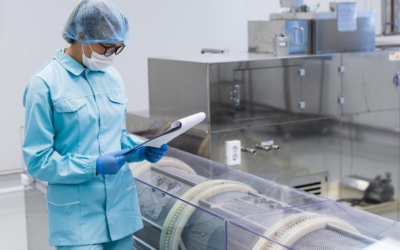Introduction:
Hydration is the foundation of good health, yet many people struggle to maintain proper hydration levels. Water is essential for nearly every bodily function, from regulating body temperature to supporting digestion and cognitive function. In this comprehensive guide, we explore the best hydration tips to help you stay properly hydrated and promote overall health and well-being.
1. Drink Plenty of Water:
Water is the best beverage for hydration. Aim to drink at least 8-10 cups of water per day, or more if you’re physically active, live in a hot climate, or are pregnant or breastfeeding. Keep a reusable water bottle with you throughout the day to remind yourself to drink water regularly.
2. Monitor Your Urine Color:
One of the easiest ways to gauge your hydration status is by monitoring the color of your urine. Pale yellow or straw-colored urine indicates adequate hydration, while dark yellow urine may signal dehydration. Aim for pale yellow urine as a sign of optimal hydration.
3. Hydrate Throughout the Day:
Sip water regularly throughout the day, rather than waiting until you feel thirsty. By the time you feel thirsty, you may already be mildly dehydrated. Keep a glass of water on your desk, carry a water bottle with you, and drink fluids with meals to maintain hydration.
4. Eat Hydrating Foods:
In addition to drinking water, you can increase your fluid intake by consuming hydrating foods. Fruits and vegetables with high water content, such as watermelon, cucumbers, oranges, strawberries, and lettuce, can contribute to your overall fluid intake and provide essential nutrients.
5. Limit Dehydrating Beverages:
Certain beverages can contribute to dehydration, such as caffeinated drinks, alcohol, and sugary beverages. While these drinks can be enjoyed in moderation, it’s important not to rely on them for hydration. Opt for water as your primary beverage choice.
6. Hydrate Before, During, and After Exercise:
Exercise increases fluid loss through sweating, so it’s important to hydrate before, during, and after physical activity. Drink water before your workout to ensure you start off hydrated, sip water during exercise to replace lost fluids, and hydrate after exercise to replenish electrolytes.
7. Pay Attention to Thirst and Sweat:
Thirst is your body’s way of signaling that you need to drink water. Listen to your body and drink water when you feel thirsty. Additionally, pay attention to sweat production, especially during hot weather or intense exercise, and increase your fluid intake accordingly.
8. Use a Hydration App or Tracker:
If you struggle to remember to drink water throughout the day, consider using a hydration app or tracker. These apps can remind you to drink water at regular intervals, track your daily fluid intake, and provide personalized hydration goals based on your age, weight, and activity level.
9. Flavor Your Water Naturally:
If you find plain water boring, try flavoring it naturally with fresh fruits, herbs, or vegetables. Add slices of lemon, cucumber, mint, or berries to your water for a refreshing and flavorful twist without added sugars or artificial ingredients.
10. Be Mindful of Hydration During Travel:
Traveling, especially by air, can increase the risk of dehydration due to low humidity and altitude. Drink plenty of water before, during, and after travel, and limit caffeine and alcohol consumption, which can further contribute to dehydration.
Conclusion:
Proper hydration is essential for maintaining optimal health and well-being. By following these best hydration tips, you can ensure that your body gets the fluids it needs to function at its best. Remember to drink plenty of water throughout the day, monitor your urine color, and pay attention to thirst and sweat cues. By prioritizing hydration, you can support your overall health, boost your energy levels, and feel your best every day.





